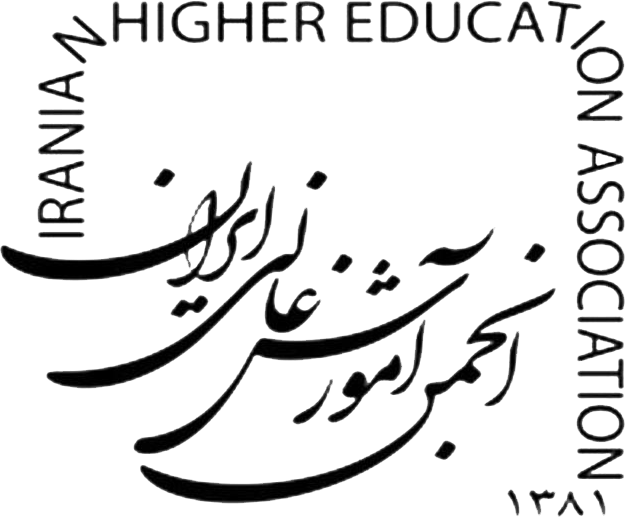Volume 12, Issue 2 (2020)
ihej 2020, 12(2): 145-171 |
Back to browse issues page
Download citation:
BibTeX | RIS | EndNote | Medlars | ProCite | Reference Manager | RefWorks
Send citation to:



BibTeX | RIS | EndNote | Medlars | ProCite | Reference Manager | RefWorks
Send citation to:
Jabbari F, Azizi M, Salehi J, Navazeni B. International Academic Entrepreneurship: Measuring Indicators. ihej 2020; 12 (2) :145-171
URL: http://ihej.ir/article-1-1529-en.html
URL: http://ihej.ir/article-1-1529-en.html
1- Islamic Azad University Qazvin Branch
2- university of tehran ,m_azizi@ut.ac.ir
3- Institute for Research and Planning in Higher Education
4- Imam Khomeini International University
2- university of tehran ,
3- Institute for Research and Planning in Higher Education
4- Imam Khomeini International University
Abstract: (5394 Views)
Objective: This study was conducted to measure international academic entrepreneurship indicators. Method: This research is of applied type and with the help of quantitative method and using survey and correlation method. The data was collected using a questionnaire from 384 statistical samples from the community of theoretical and experimental experts in the field of academic entrepreneurship and international entrepreneurship. Measurement tools have been adapted and used by experts and their views. Multivariate analyzes such as exploratory factor analysis, first-order and second-order confirmatory factor analysis and one-group mean comparison were used to analyze the evidence. Various indicators of the validity and reliability of the components identified in the research support and fitness indicators have supported the capability of the measurement part and the structural part of the model. In data analysis was used by SPSS and Amos. Results: This part of the study has been analyzed with descriptive and inferential indicators. Based on the results of exploratory analysis, 15 factors have been identified and supported by confirmatory factor analysis. Based on the second-order factor analysis, the components and dimensions of international academic entrepreneurship have been identified. Conclusion: The components of "culture of entrepreneurship" and "innovation", institutions and networks, scientific and networking and communication capabilities that constitute the behavioral dimension, components of "entrepreneurial competencies", "development", "development", "development" and "building" Entrepreneurial leadership, international commercialization process, constitute the process dimension and components of laws and regulations, support structure, research system, ultimate international strategic orientation, and constructive, visionary, and motivational education. Extracted, a suitable model of international academic entrepreneurship is presented.
Send email to the article author
| Rights and permissions | |
 |
This work is licensed under a Creative Commons Attribution-NonCommercial 4.0 International License. |





